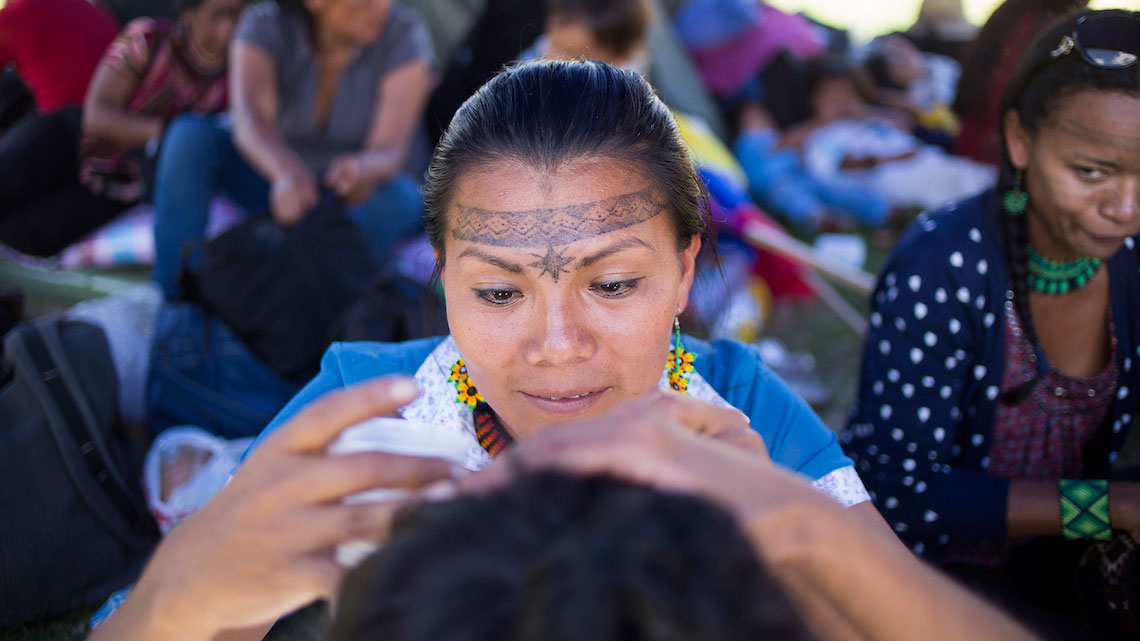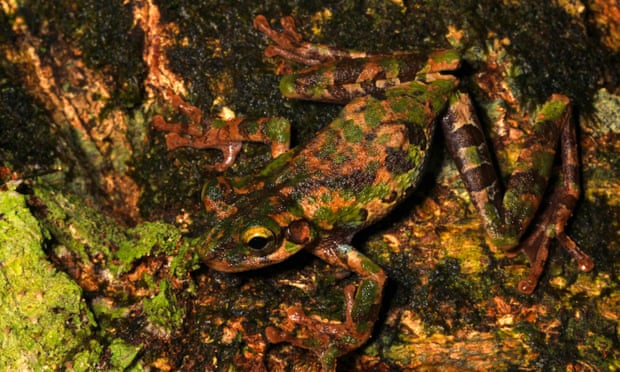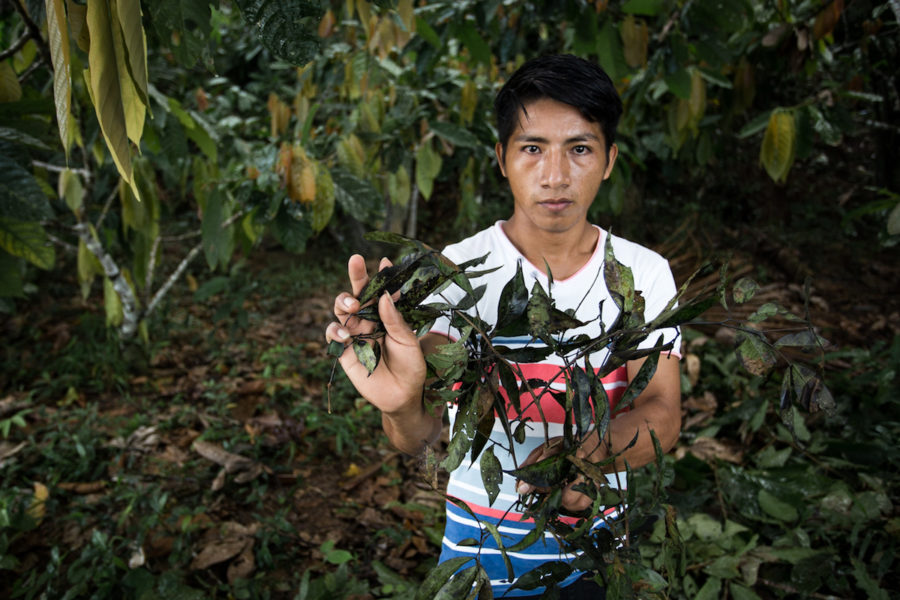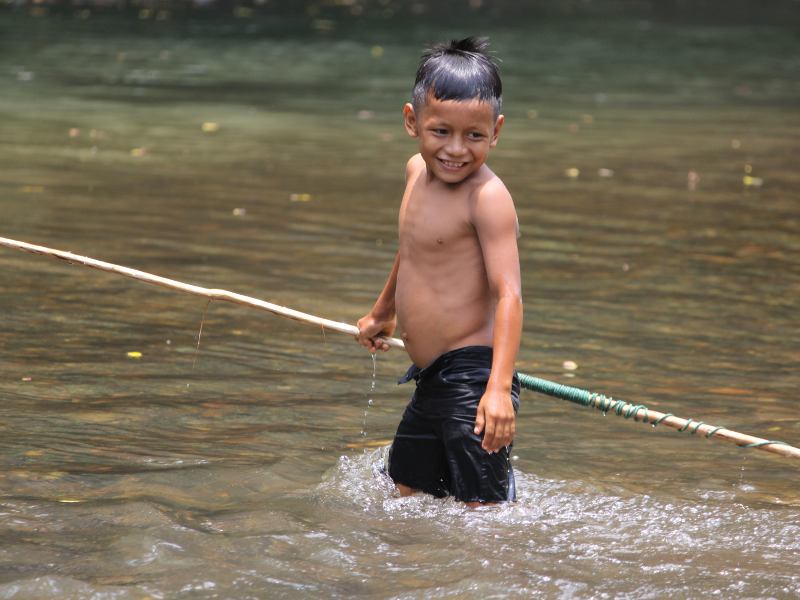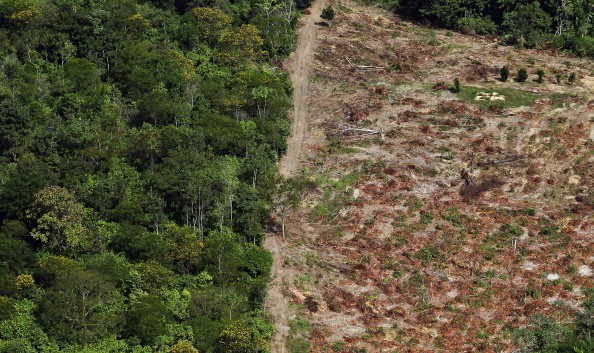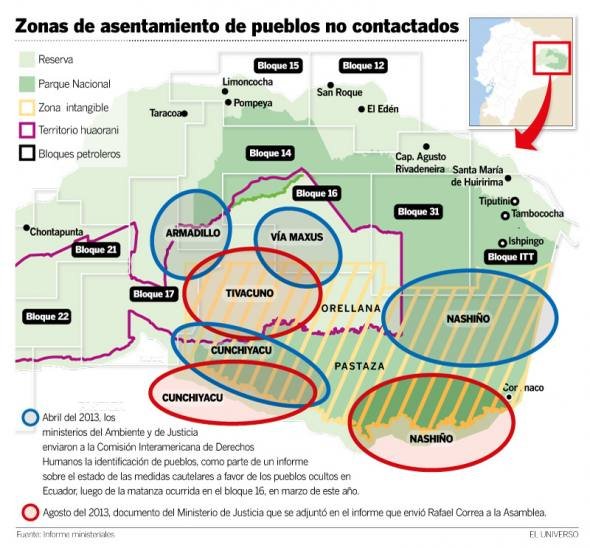A legal battle between Chevron and Indigenous villagers from Ecuador, spanning several decades and across three countries, is now playing out in Canada as Ontario courts consider whether to enforce foreign judgments here.
- Ecuadorians face off against Chevron in Ontario court over $9.5B US award
In 2011, Chevron Corp., the third-largest oil company in the United States, was ordered to pay $9.5 billion by an Ecuadorian court to compensate 30,000 Indigenous villagers living in the Lago Agrio region of Ecuador for environmental damages.
The villagers claimed Chevron was responsible for extensive environmental damage caused by oil-drilling activities by Texaco, Inc., which ended more than 20 years ago and before Chevron acquired ... Read more











